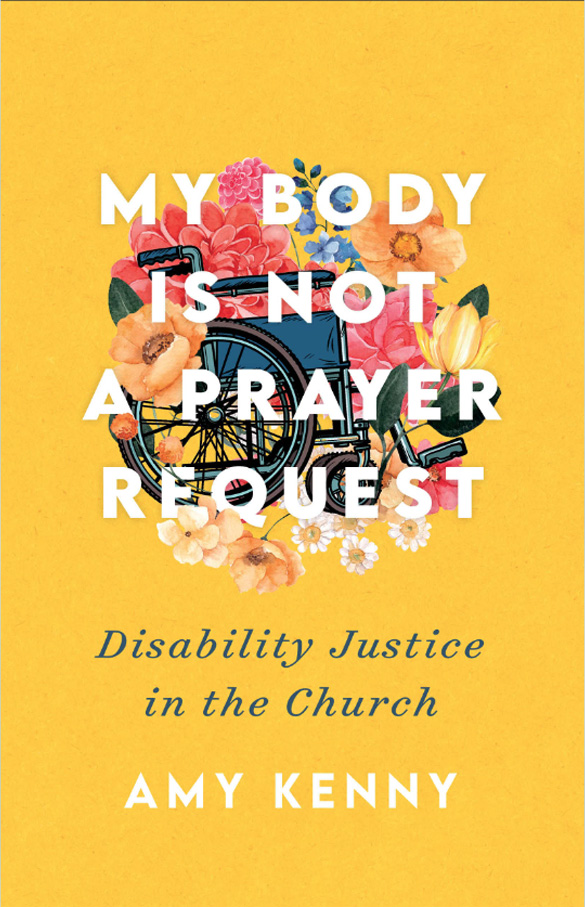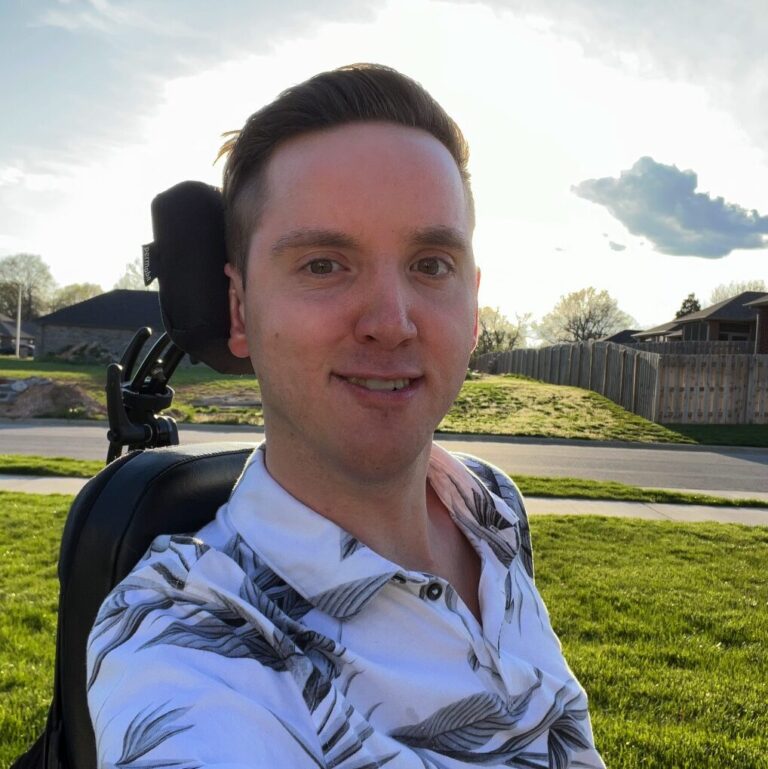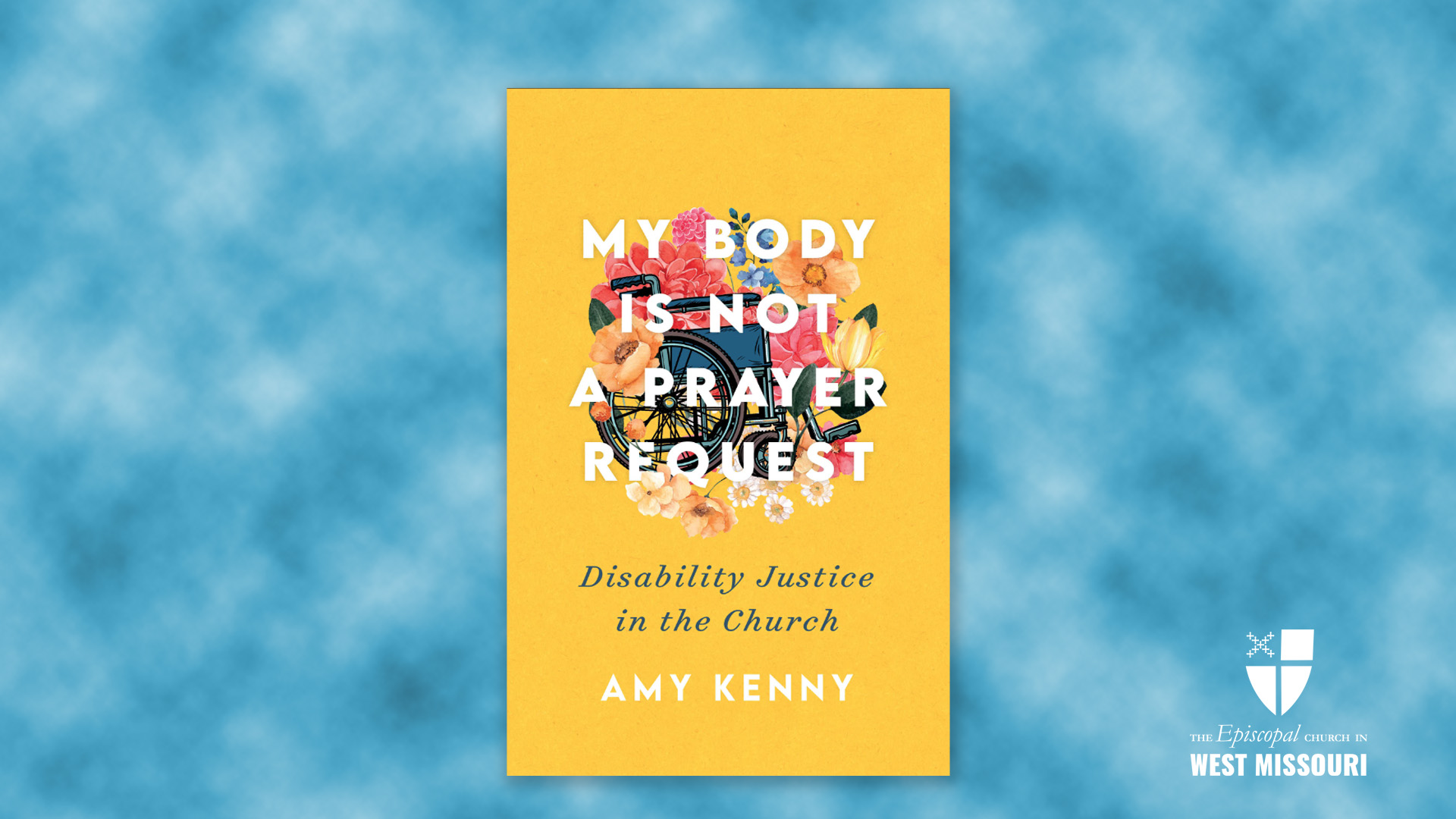Amy Kenny, the author of My Body Is Not A Prayer Request, takes us into the world of what it is like to be a disabled Christian and her interactions with the Church (and with society in general) as a disabled person. This book comes with a warning, the Church is criticized at times for not accepting and welcoming disabled people into their spaces so if you can’t handle some criticism then you would not like this book.
One of the main takeaways that we should get from this book is this, curing and healing are two different things. Curing focuses on curing physical bodies, while healing focuses on restoring relationships with a person to the community and other aspects of life. Disabled people don’t need us (the Church) to try to cure their bodies, they need us to heal our relationship with them. The disability community have long been outcasts to the Church, our church buildings do not welcome those with physical disabilities and our theology often pushes them away from the Church.
If we, the churches of The Diocese of West Missouri, truly want to welcome all into our churches then we must take up disability justice.
We must be proactive, whether you currently have disabled people in your congregation or not does not matter. Disability justice is just like racial justice or environmental justice, we are involved in racial and environmental justice because we know it’s the right thing to do. Disability justice is no different, God commanded us to love our neighbor and He did not have any exceptions.

I’m going to take a guess and say that ninety percent of our churches in The Diocese of West Missouri do not have actual wheelchair spaces in their sanctuary, my church didn’t until we read this book. There are a lot of things that we can do that would make our churches more welcoming and inclusive to people with disabilities, some things may cost money while other things just need your time and will power.
We, as Christians, believe that all humans are made in the image of God. If that is true then we must start accepting disabled people as image-bearers of God too and start including them into our church life. We must examine our theology (both corporate and personal) to see if we have ableist beliefs and if we do, change them. We must adhere to God’s call to love all and include disabled people in our churches.
I highly recommend all Episcopalians in the diocese to read this book, whether you’re clergy or a lay person. This book can be very mind opening to all of us and can open our churches up to a whole community that has always been left out.

David Britt Supplied image


